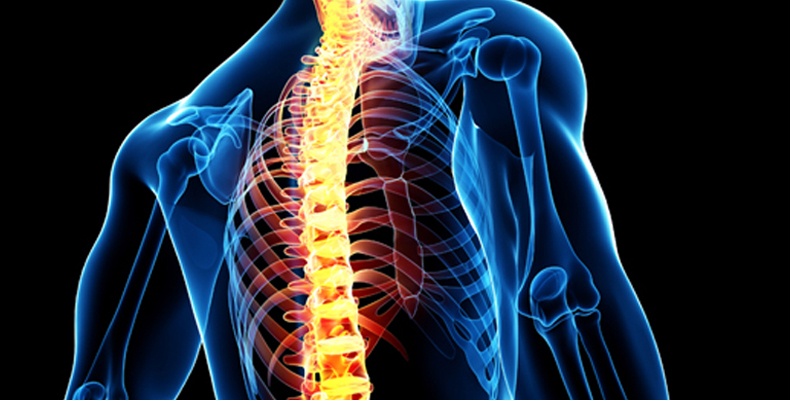
Spinal Trauma
Spinal trauma refers to injuries affecting the spinal column, spinal cord, and the surrounding structures. Traumatic spinal injuries can result from various incidents, including falls, automobile accidents, sports injuries, or acts of violence. The severity of spinal trauma can range from mild to severe, and it may lead to various complications depending on the location and extent of the injury.
Here are key points about spinal trauma:
Types of Spinal Trauma:
-
Spinal Fractures:
- Fractures can occur in the vertebrae (bones of the spine). Common types include compression fractures, burst fractures, and flexion-distraction injuries.
-
Spinal Cord Injuries (SCI):
- Injuries to the spinal cord can result in the loss of sensation, movement, or function below the level of the injury. The severity of a spinal cord injury varies, and it can be complete or incomplete.
-
Dislocations and Subluxations:
- Dislocations involve the displacement of vertebrae from their normal positions, while subluxations are partial dislocations.
-
Soft Tissue Injuries:
- In addition to bone and nerve injuries, trauma can affect the soft tissues surrounding the spine, including muscles, ligaments, and discs.
Symptoms of Spinal Trauma:
- Pain: Pain at the site of injury, which may radiate to other areas of the body.
- Neurological Symptoms: Weakness, numbness, or tingling in the extremities.
- Loss of Function: Difficulty walking, moving, or performing usual activities.
- Bowel or Bladder Dysfunction: Changes in bowel or bladder control.
- Difficulty Breathing: In severe cases, injuries high in the spinal cord can affect respiratory function.
Diagnosis:
-
Imaging Studies:
- X-rays, CT scans, and MRI scans are commonly used to visualize the spine and assess the extent of the injury.
-
Neurological Examination:
- A thorough examination to assess sensory and motor function, reflexes, and other neurological signs.
Treatment:
-
Immobilization:
- Patients with suspected spinal trauma may be immobilized using a brace, collar, or spinal board to prevent further injury during transportation.
-
Surgery:
- Surgical intervention may be required to stabilize the spine, repair fractures, or decompress the spinal cord.
-
Rehabilitation:
- Physical therapy and rehabilitation play a crucial role in the recovery process, aiming to improve strength, flexibility, and functionality.
-
Medication:
- Pain management and anti-inflammatory medications may be prescribed.
Complications and Prognosis:
- Complications can include chronic pain, neurological deficits, and impaired mobility.
- The prognosis depends on factors such as the severity of the injury, the level of the spine affected, and the effectiveness of treatment.
- Rehabilitation and support services are often essential for individuals recovering from spinal trauma.
Prompt and appropriate medical intervention is crucial in cases of suspected spinal trauma to minimize further damage and optimize the chances of recovery. Emergency medical care is required for individuals with symptoms suggestive of spinal injury, such as loss of consciousness, severe pain, or neurological deficits.